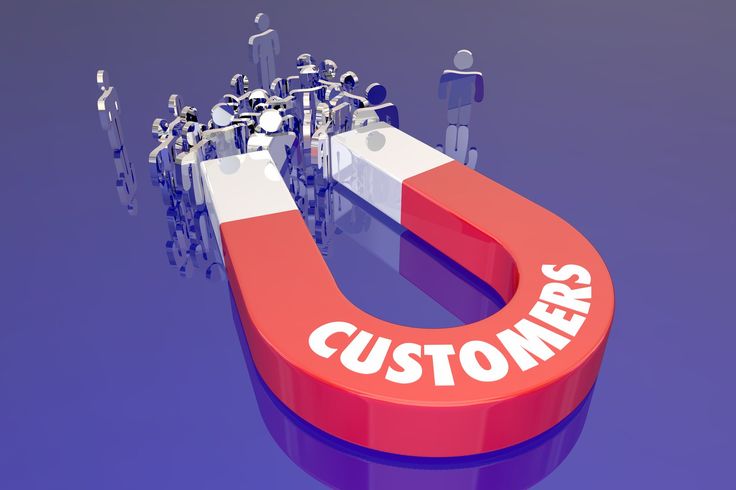
In today’s data-driven world, businesses are inundated with vast amounts of information from various sources. While collecting data is important, the true value lies in extracting meaningful insights that drive informed decision-making and fuel business growth. Customer Relationship Management (CRM) analytics serves as a powerful tool for transforming raw data into actionable intelligence, enabling businesses to gain a deeper understanding of their customers, identify trends, and uncover opportunities for improvement. In this article, we’ll explore the importance of CRM analytics and how businesses can harness its capabilities to drive growth and success.
- Understanding Customer Behavior:
CRM analytics provides businesses with valuable insights into customer behavior, preferences, and interactions. By analyzing data such as purchase history, website visits, email engagement, and social media interactions, businesses can gain a comprehensive understanding of their customers’ journey and preferences. This understanding allows businesses to tailor their marketing messages, offers, and experiences to meet the specific needs of their customers, increasing engagement, loyalty, and retention. - Predictive Analytics for Forecasting and Planning:
Predictive analytics is a key component of CRM analytics that enables businesses to forecast future trends and outcomes based on historical data and statistical algorithms. By leveraging predictive analytics, businesses can anticipate customer needs and behavior, identify potential risks and opportunities, and make informed decisions about resource allocation, inventory management, and marketing strategies. Predictive analytics empowers businesses to stay ahead of the curve and proactively address challenges and opportunities before they arise. - Segmentation and Targeting:
CRM analytics allows businesses to segment their customer base into distinct groups based on common characteristics, behaviors, or preferences. By segmenting customers, businesses can tailor their marketing efforts and communications to target specific segments with relevant messages, offers, and promotions. This targeted approach increases the effectiveness of marketing campaigns, improves conversion rates, and maximizes return on investment. - Performance Measurement and Optimization:
CRM analytics provides businesses with the tools to measure and analyze the performance of their marketing campaigns, sales efforts, and customer interactions. By tracking key performance indicators (KPIs) such as customer acquisition costs, conversion rates, and customer lifetime value, businesses can evaluate the effectiveness of their strategies and identify areas for improvement. This data-driven approach allows businesses to optimize their processes, allocate resources more effectively, and maximize ROI. - Customer Sentiment Analysis:
Understanding customer sentiment is crucial for building strong relationships and delivering exceptional customer experiences. CRM analytics enables businesses to analyze customer feedback, social media mentions, and online reviews to gauge customer sentiment and identify areas of satisfaction or dissatisfaction. By monitoring customer sentiment in real-time, businesses can identify potential issues, address customer concerns, and proactively engage with customers to enhance satisfaction and loyalty. - Real-time Insights for Agile Decision-making:
In today’s fast-paced business environment, agility and responsiveness are essential for success. CRM analytics provides businesses with real-time insights and dashboards that enable agile decision-making and course correction. By monitoring key metrics and performance indicators in real-time, businesses can quickly identify trends, opportunities, and potential risks, allowing them to make timely adjustments to their strategies and tactics. - Data-driven Innovation and Differentiation:
Finally, CRM analytics empowers businesses to innovate and differentiate themselves in the marketplace by leveraging data-driven insights. By understanding customer needs, preferences, and pain points, businesses can develop innovative products, services, and experiences that address unmet needs and differentiate themselves from competitors. Data-driven innovation enables businesses to stay ahead of the curve, delight customers, and drive sustainable growth and success.
In conclusion, CRM analytics is a powerful tool for transforming raw data into actionable insights that drive business growth and success. By understanding customer behavior, leveraging predictive analytics, segmenting and targeting customers, measuring performance, analyzing sentiment, making agile decisions, and fostering data-driven innovation, businesses can harness the full potential of CRM analytics to gain a competitive edge in today’s dynamic marketplace. As businesses continue to invest in CRM analytics and embrace a data-driven approach, they will be better equipped to meet the evolving needs and expectations of their customers and achieve long-term success.